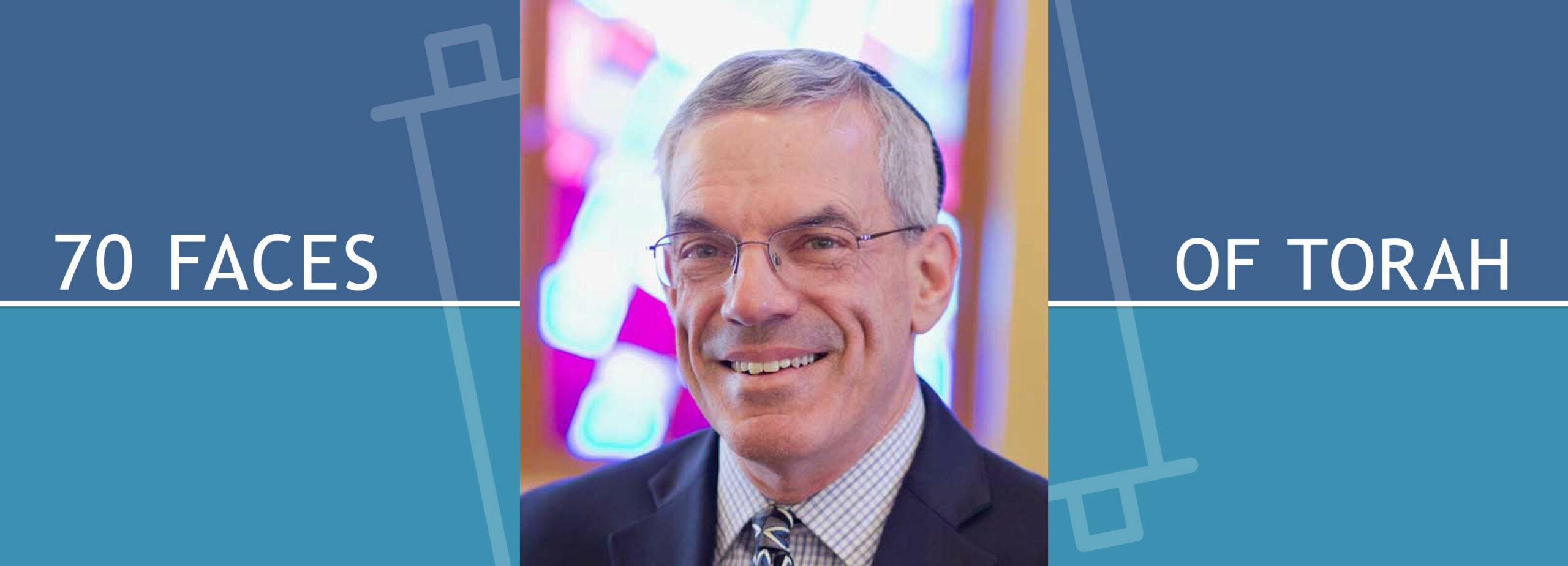Holidays You Shall Have Nothing But Joy

Sukkot
Yom Kippur is the most ethereal of Jewish holidays. On the holiest day of the year, we symbolically shed the trappings of material existence. To my mind, the reason for fasting is not so much to afflict ourselves but to elevate ourselves above the earthly plane of reality. As much as humanly possible, we abstain from physical needs and urges. We don’t eat; we don’t bathe; we don’t engage in sexual relations; if we could, we wouldn’t sleep or go to the bathroom, either. On Yom Kippur, we yearn to leave our bodies behind and soar like the angels. It’s the closest we ever come, this side of death, to merging with the Infinite and abiding in God’s presence as pure souls.
Sukkot is exactly the opposite. On Sukkot, we indulge the very physical pleasures we denied several days earlier. The Sukkot rituals provide a feast for the five senses: touching the bumpy surface of the Etrog and imbibing deeply its sweet fragrance, running our fingers along the hard fronds of the palm branch and listening to the rustling sound as we wave it, enjoying the breeze in our hair and the sun on our skin as we go outside to the Sukkah for a delicious meal. Then there’s the sexual symbolism of the Lulav and Etrog —particularly fitting for this harvest festival, which celebrates the bounty and mystery of creation and procreation.
Rabbi Sue Silberberg, my colleague here in Bloomington, points out another dichotomy between the two occasions. The demands of Yom Kippur are largely internal and individual, including remorse for past misdeeds and the earnest pursuit of reconciliation and forgiveness in our personal relations. Sukkot directs us outward, as we open ourselves toward one another, as well as nature and all of humanity. Like the tent of Abraham and Sarah, the Sukkah welcomes the entire community, and the stranger besides, and its permeable covering admits the natural surroundings and the sky.
“Vehayita ach same’ach” is Sukkot’s primary directive: “You shall have nothing but joy.” What an astounding commandment! (Or is it a promise?) Rabbi Sacks writes: “Joy, not happiness, is a central Jewish value. Whereas happiness may be a state of mind of the individual, joy is something we must share together. ‘For seven days, you shall eat and rejoice,’ says the Torah, ‘you, your sons and daughters, together with the stranger, the orphan and the widow among you.’ Joy is communal. It is never experienced in solitude.”
As I frequently remind my Introduction to Judaism students, ours is not a monastic religion. We are not meant to dwell on a mountaintop in solitary communion with the Spirit; we have been placed here to engage in the challenges and enjoy the delights of this life on Earth. If we spend one Day of Atonement a year purifying our souls, it’s only so that we may reemerge, refreshed and restored, and reengage in the work and pleasures of the everyday world. We do not seek ultimate reward in some heavenly realm after death; paradise is to be found here and now.
It’s a shame that many American Jews short-circuit the penitential season by observing Rosh Hashanah and Yom Kippur only. In its exposition of sacred occasions in Leviticus, however, the Torah makes clear that the entire liturgical calendar culminates in the weeklong festival of Sukkot, for which “Yom Tru’ah” (the Biblical name for Rosh Hashanah) and Yom Kippur serve as preludes. Purged of regret and remorse on Yom Kippur, and embraced despite our human shortcomings, we are now invited on Sukkot to rejoice deeply in the richness of being alive, the sheer physicality of it. The real prize for all the painstaking work of teshuvah is awakening to others, to the world at large, and to life itself. Or, as Kohelet puts it (in the scriptural “Wisdom Book” assigned to Sukkot): “Go eat your bread in gladness, and drink your wine in joy; for your actions have long ago been approved by God.”
Brian Besser, ordained at the Rabbinical School of Hebrew College in 2010, serves Congregation Beth Shalom in Bloomington, Indiana.

